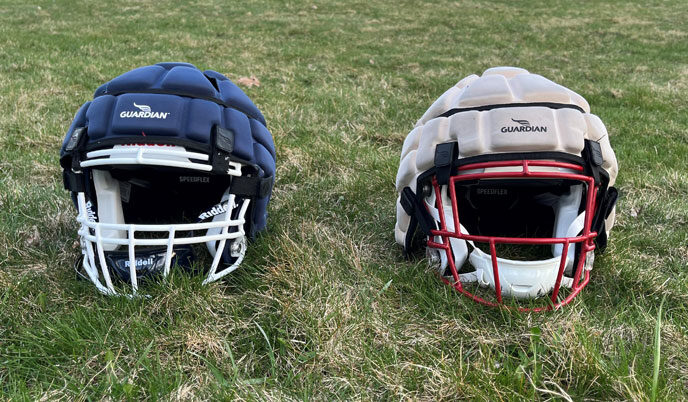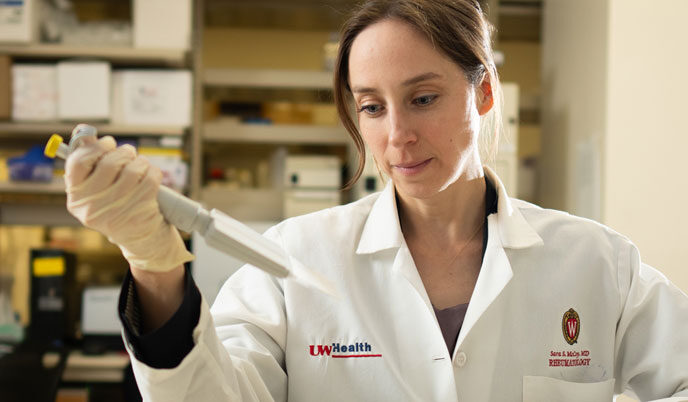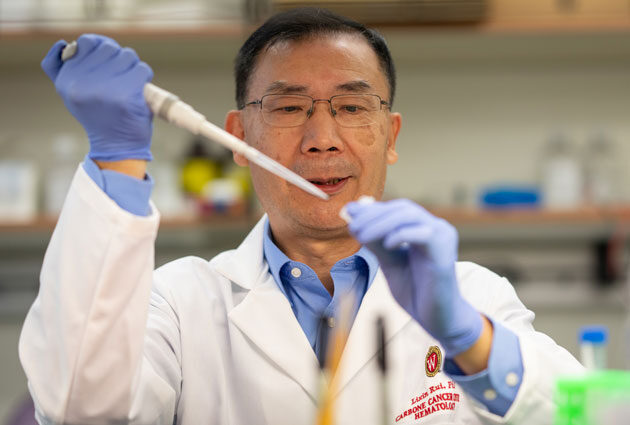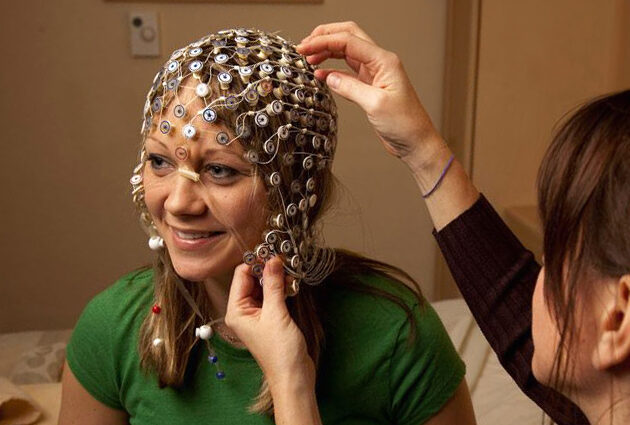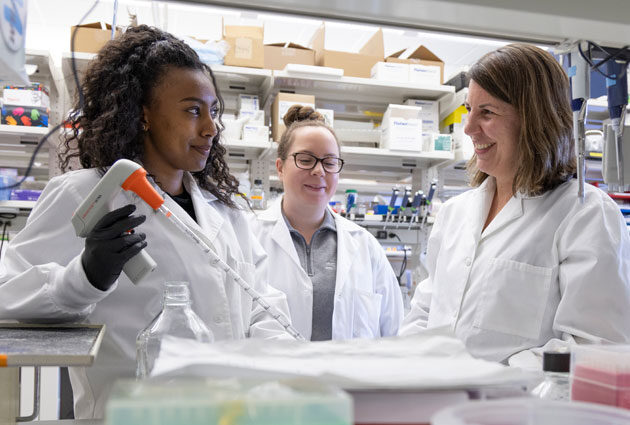Q&A with Sara McCoy on innovative treatment for Sjögren’s disease
Dr. Sara McCoy, a rheumatologist in the Department of Medicine, is one of the nation’s leading experts on Sjögren’s disease, an autoimmune disorder that affects moisture-producing glands in the eyes, mouth and other parts of the body.


